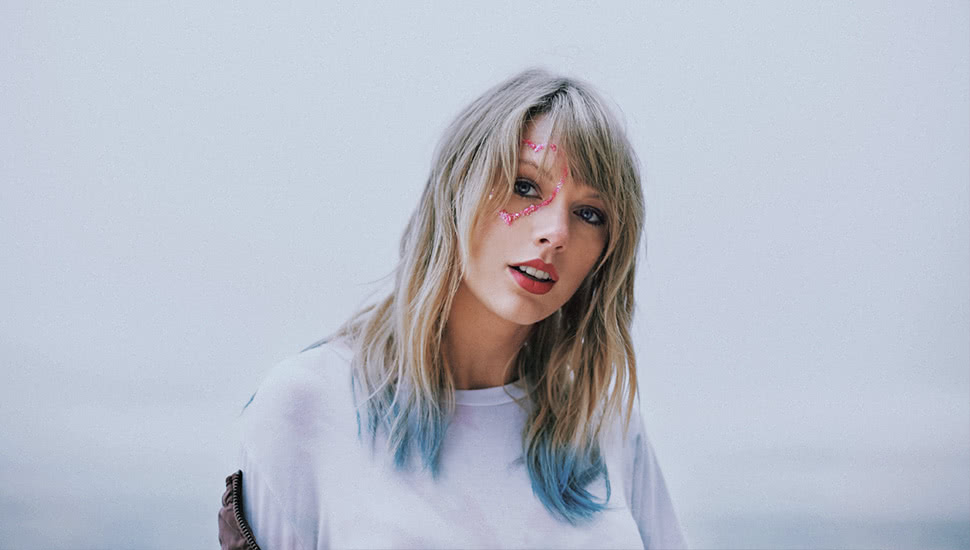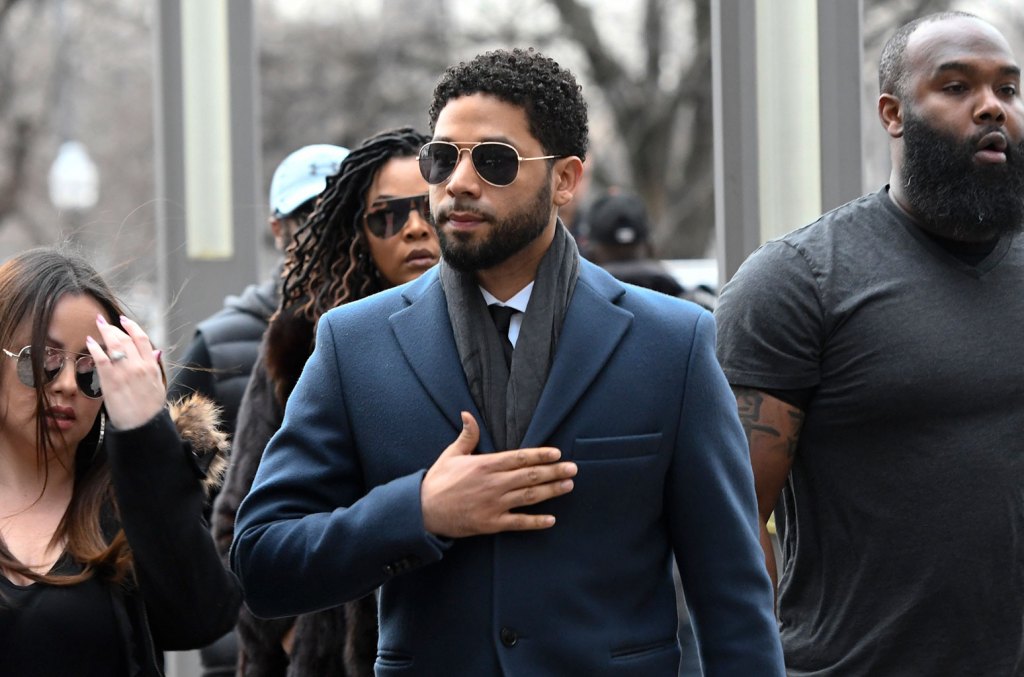Missy Elliott Settles Five-Year Copyright Lawsuit — Just Moments Before Jury Trial Set to Begin

Photo Credit: Atlantic Records / CC by 4.0
Missy Elliott settles a long-running lawsuit over copyright allegations just moments before a jury trial was due to begin.
Rapper and hip-hop extraordinaire Missy Elliott has reached a settlement in a five-year legal battle with a music producer who claimed to have co-written several of the star’s songs from the 1990s. The agreement ends a long-running legal dispute just before a jury trial was set to start.
Terms of the deal, struck Friday (August 22) in a Philadelphia federal courtroom, were not disclosed to the public. But Mike Trauben, attorney for Missy Elliott, shared details with Billboard. “No money was paid in connection with any of Terry Williams’ claims, the last remnants of which were dismissed.”
According to Trauben, a “small sum” had been paid to purchase beats created by music producer Terry Williams, which were used in songs otherwise created and owned by Elliott. “Missy’s writing in her notebooks were returned back to her, along with all her music that he had in storage,” said Trauben.
The lawsuit centered on the R&B girl group SISTA, where Missy Elliott got her start before her solo breakout in the late ‘90s. Williams, who once owned a Philadelphia recording studio, claimed that he and Elliott co-wrote four songs that made it to SISTA’s 1994 album, 4 All the Sistas Around da World. According to Williams, Elliott omitted his name from songwriting credits, and through the lawsuit, he was seeking royalties that would have stretched back to the album’s release.
Meanwhile, Elliott has maintained that Williams “did not write a single lyric or in any manner contribute to any of the songs” on the album. She also said she had not even met Williams in person until after she had delivered the album to Elektra Records.
Last year, Judge Nitza I. Quiñones Alejandro ruled that the matter could only be resolved by a jury weighing the evidence in the conflicting narratives. However, the judge also threw out an additional claim from Williams alleging that he and Elliott co-wrote the 1996 Aaliyah song “Heartbroken,” citing that this claim was barred by the statute of limitations.
Timbaland, who produced the album in question, was also named in Williams’ lawsuit, as were Elektra, Atlantic Records, Warner Music Group, and Reservoir Media. Those claims all remain pending, having been paused awaiting the outcome of the Elliott trial.
Link to the source article – https://www.digitalmusicnews.com/2025/08/25/missy-elliott-copyright-lawsuit-settled/
-
Boy Scout Nickel Plated Blowing Bugle Attack Command Signal Horn$55,00 Buy product
-
Mandolin Chord Chart Poster – 16”x24” Wall Chart for Comprehensive Reference Guide of Easy Chord Diagrams, Fingerings Practice, Circle of Fifths for Beginner, Perfect Mandolin Learning Aid$15,88 Buy product
-
for Roland JV-2080 – the very Best of – Large unique original WAVE/Kontakt Multi-Layer Samples Studio Library$14,99 Buy product
-
LEKATO MIDI Cable, MIDI to USB C, Type-C MIDI Interface with Input & Output Connecting Keyboard/Synthesizer for Editing Recording Professional Cord Windows/Mac Studio -6.5Ft, Black$19,59 Buy product
-
Mulucky 5 String Banjo, Full Size with 24 Brackets, Open Back, Maple Banjos with Remo Head, Geared 5th Tuner, Gift Package with Beginner Kit – MB1101$149,99 Buy product
-
U.S. Regulation Bugle Lacquer with Mouthpiece, Brass$219,95 Buy product













Responses